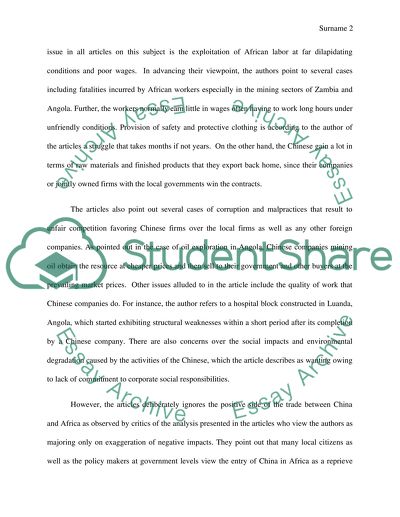Cite this document
(“Macros Economics on Two Articles Admission/Application Essay”, n.d.)
Macros Economics on Two Articles Admission/Application Essay. Retrieved from https://studentshare.org/macro-microeconomics/1439615-macro-economics
Macros Economics on Two Articles Admission/Application Essay. Retrieved from https://studentshare.org/macro-microeconomics/1439615-macro-economics
(Macros Economics on Two Articles Admission/Application Essay)
Macros Economics on Two Articles Admission/Application Essay. https://studentshare.org/macro-microeconomics/1439615-macro-economics.
Macros Economics on Two Articles Admission/Application Essay. https://studentshare.org/macro-microeconomics/1439615-macro-economics.
“Macros Economics on Two Articles Admission/Application Essay”, n.d. https://studentshare.org/macro-microeconomics/1439615-macro-economics.


